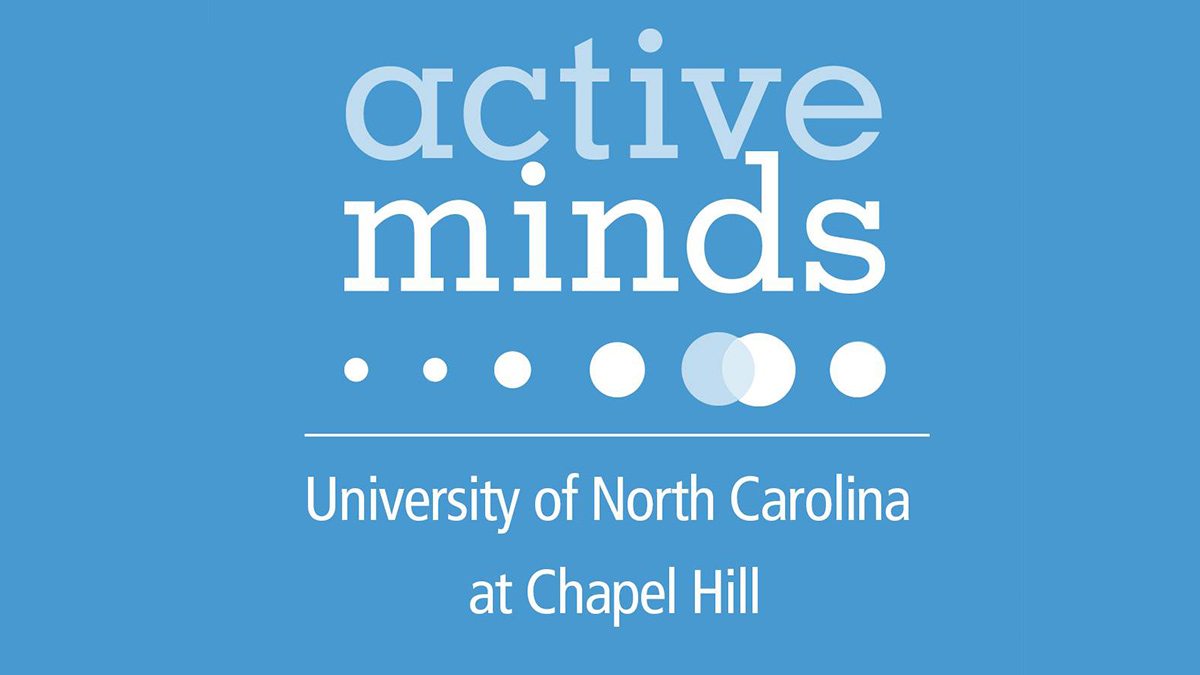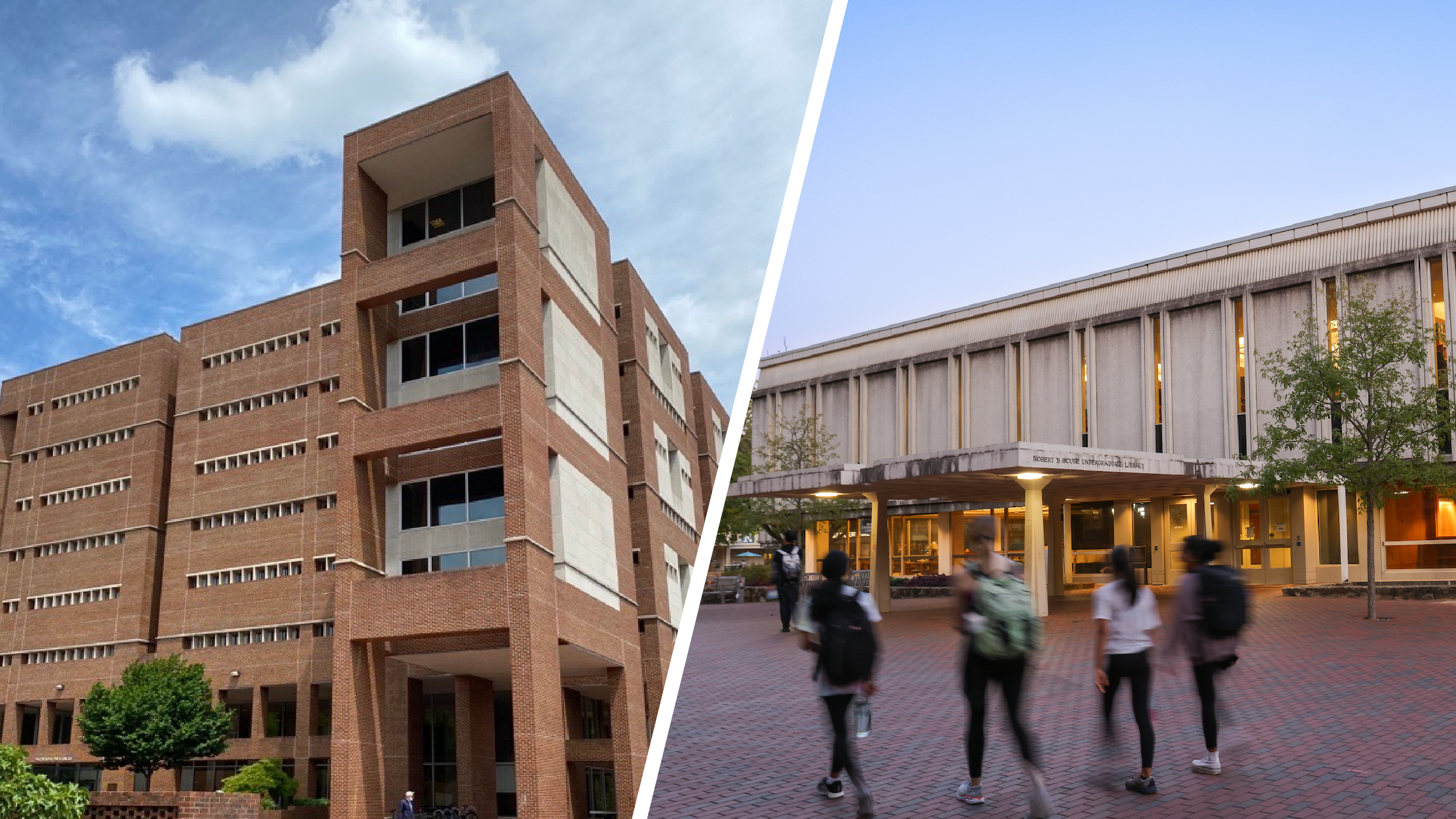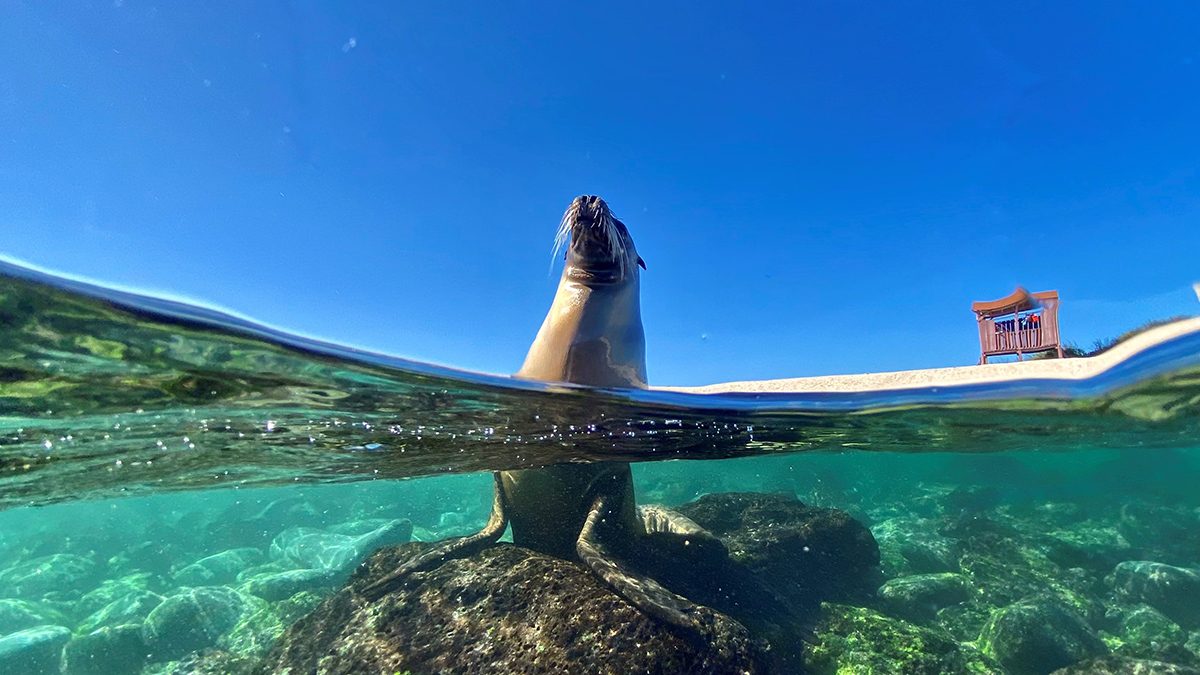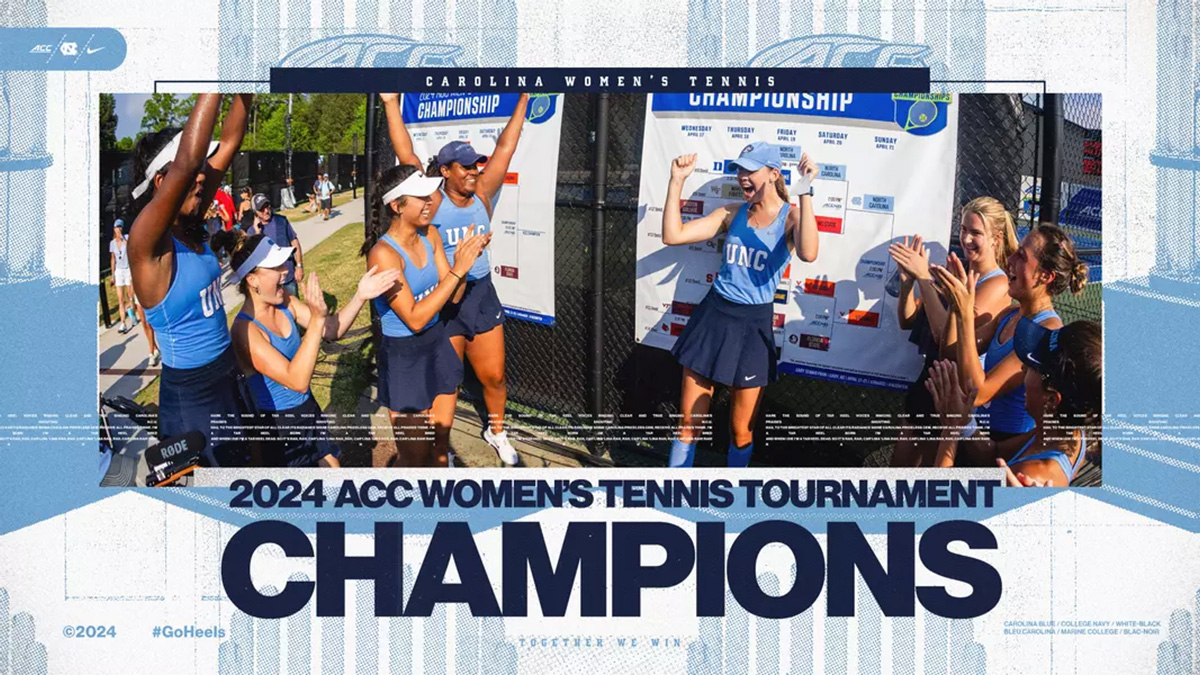Tar Heels supporting Tar Heels
Active Minds at Carolina is a student organization that works to increase students’ awareness of mental health issues. It is dedicated to creating a safe space for students to seek help and resources for mental health issues without fear of stigma.

When Lauren Hobgood arrived at Carolina in 2017, she knew she wanted to positively impact Tar Heels experiencing mental health issues. So she signed up for Active Minds at Carolina at her first FallFest.
“I was interested, not only as a psychology major coming into UNC, but as someone curious to learn more about mental health, what I could do to better help my friends, and what I could do to become a better advocate for mental health,” said Hobgood, a senior studying psychology and nursing.
Active Minds, a student organization sponsored by Counseling and Wellness Services of Campus Health, works to increase students’ awareness of mental health issues. It is dedicated to creating a safe space for students to seek help and resources for mental health issues without fear of stigma or lack of access.
The group hosts campus meetings, panel discussions, mental health first aid training and de-stress events in the Pit, such as painting pumpkins. Active Minds has continued to support the Carolina community during remote learning by hosting its meetings virtually and remaining active on social media.
“Sometimes it feels like there’s not a lot of resources that you need, or information or support groups out there,” Hobgood said. “As college students who are especially vulnerable for a lot of different reasons, it’s so important to have these organizations on campus to help students get resources, find support and to feel not judged and not feel like there’s this stigma against mental health.”
The mission of supporting the Carolina community and students facing mental health struggles attracted Emily Payne to Active Minds three years ago. She is now a co-chair of the organization, along with Hobgood.
“Active Minds is important because it not only gives resources to people who need it themselves, but it gives resources to their friends and how to be a better ally for them as they go through going to CAPS or getting a diagnosis or something like that,” said Payne, a senior studying political science and economics.
Active Minds’ impact also extends beyond the Carolina campus and brings attention to mental health issues in the surrounding community, hosting mental health fairs at a local high school.
“That was a way to get into the community and fight for those high schoolers because a lot of high schoolers don’t have the resources that college students might have,” Hobgood said.
Both Payne and Hobgood said that they have learned more about mental health by joining Active Minds, including various mental health careers and navigating mental health conversations.
“The major thing I learned, if I could narrow it down to one thing, would be how to talk about mental health with my friends or professors or classmates,” Payne said. “It’s a scary topic — I don’t think it is anymore, but it was — and so Active Minds has really taught me how to talk about it in a non-scary way.”
There is often a stigma surrounding mental health awareness and education, but Active Minds is working to break down those stereotypes to support their fellow Tar Heels.
“You don’t have to have personal experience in mental health to be a mental health advocate and ally,” Hobgood said. “You can be perfectly healthy and have no major problems and still find ways to take care of yourself and maintain [your mental health] — just like a healthy person still needs to go to the doctor’s and talk about their health to keep it going.”




